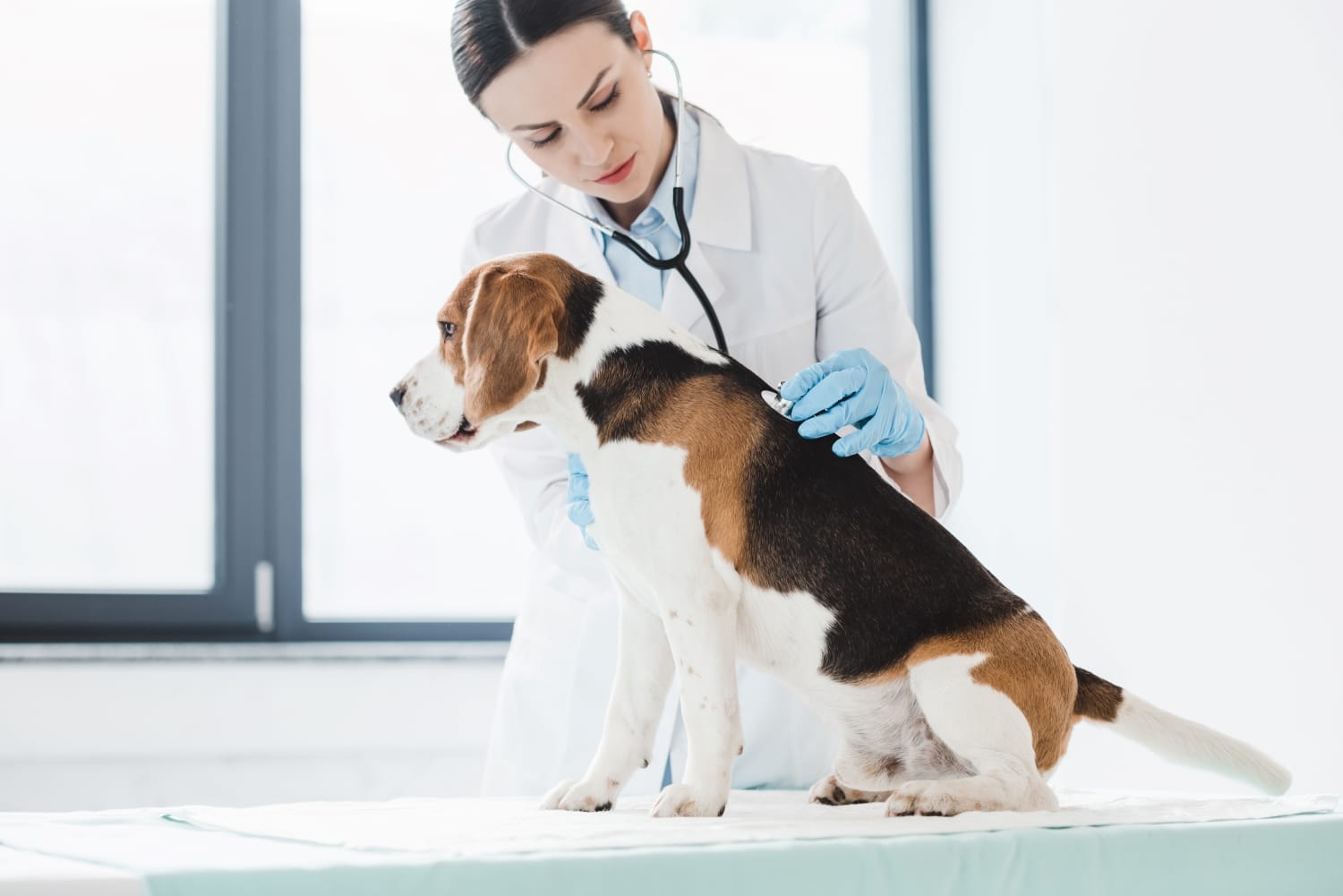We understand that recruiting isn’t always simple, and we’re here to assist you. Finding the correct match is a long and arduous process. If the hiring process becomes too tough, we provide you with this Free Veterinarian Job Description Template to help you out.
Guidance is exactly what you need to attain the finest outcomes, even if you are not confident in your approach.
We make the procedure simple with our help and the VIVAHR software.
The program is simple and quick to use, making your candidate search as effective as possible.
But, to attract A-Players to your company, you should first compile an eye-catching job description. So, that’s what this article is all about!
Ready to hire? Let’s go! 🚀
What is a Veterinarian?
A Veterinarian is a licensed medical professional who diagnoses, treats, and prevents illnesses and injuries in animals, ensuring their health and well-being. From an employer’s hiring perspective, a Veterinarian is a critical team member in providing high-quality care for pets, livestock, and wildlife, depending on the focus of the practice. They bring expertise in medical procedures, surgical interventions, and preventive healthcare, enabling the organization to maintain a reputation for excellence in animal care. Employers value Veterinarians for their ability to build trust with clients, educate pet owners, and contribute to the operational success of the practice through their skills, knowledge, and dedication.







